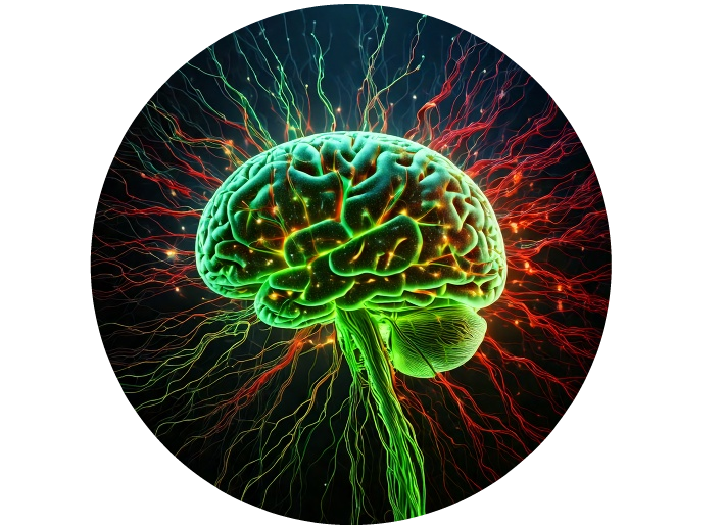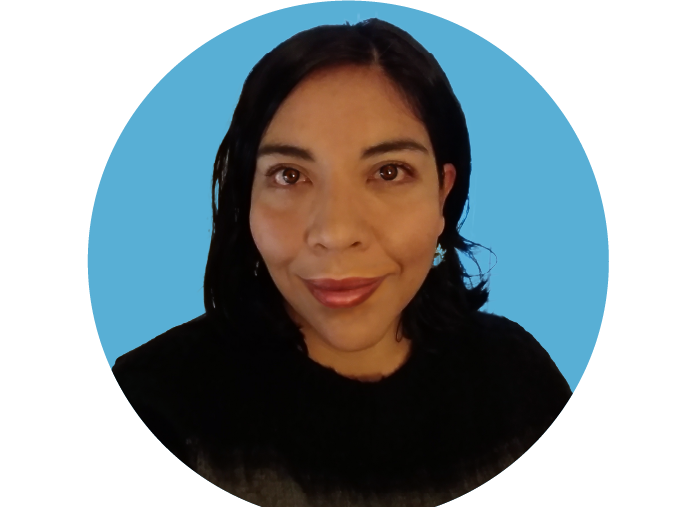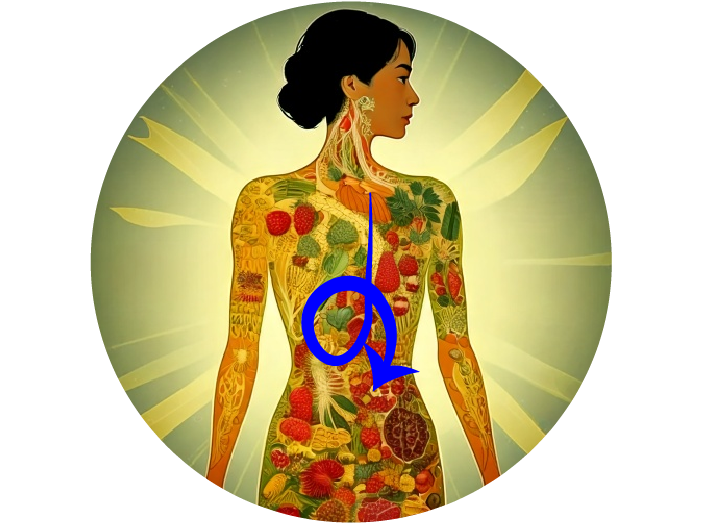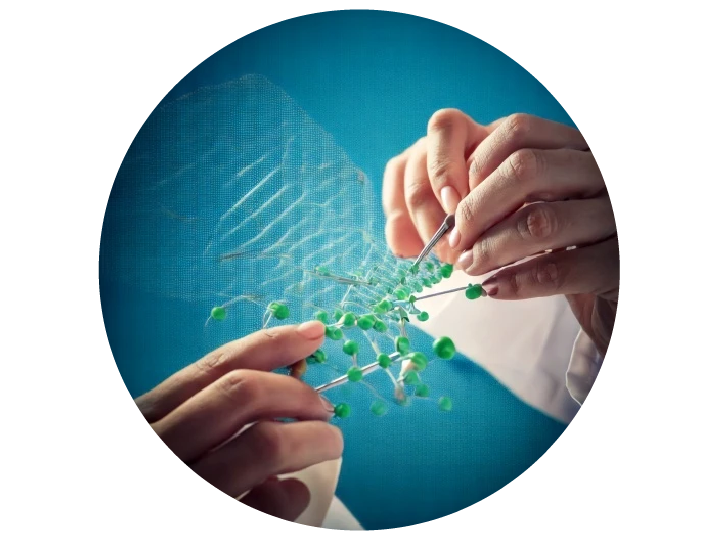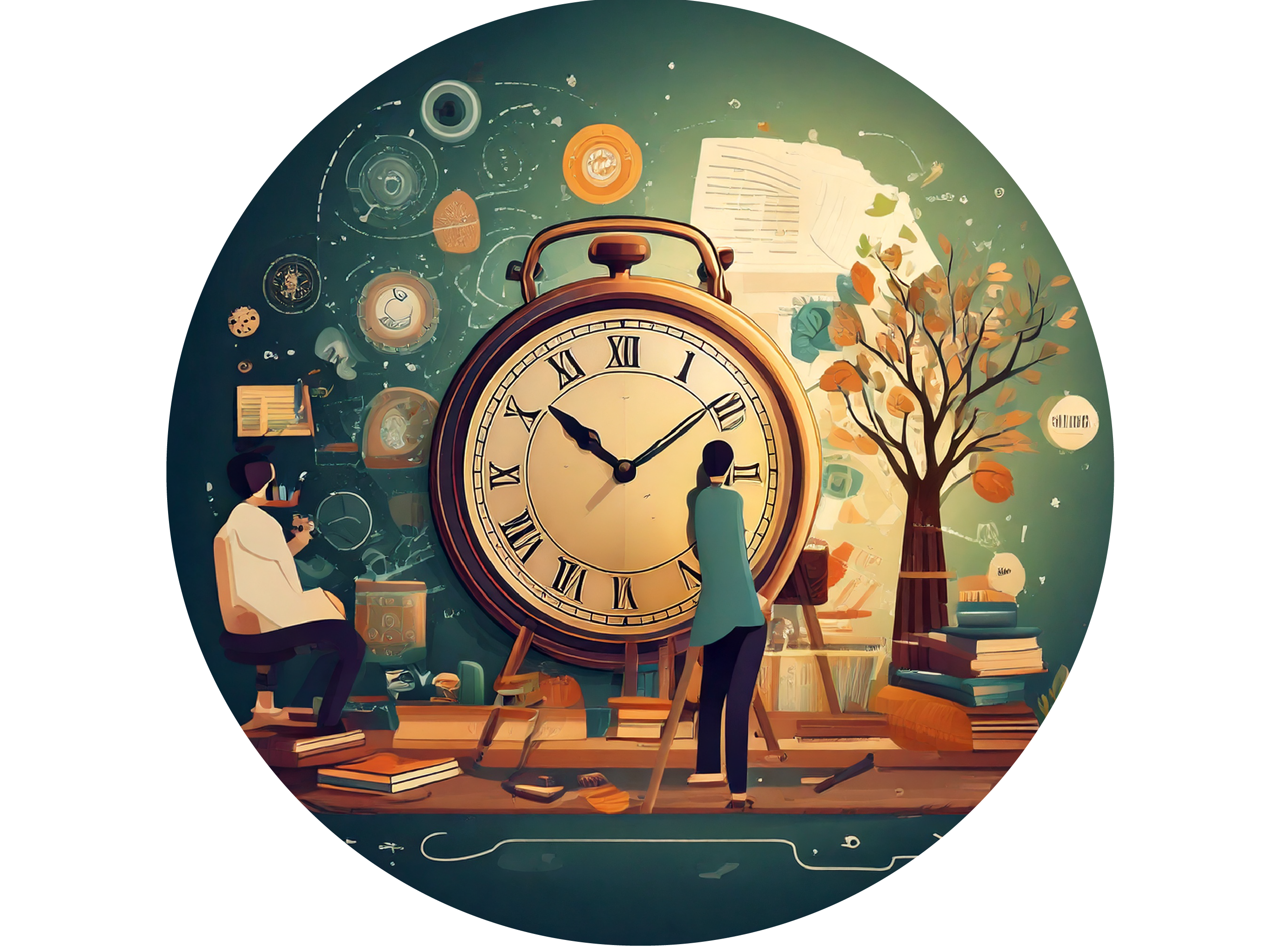In modern societies, aging is more than just an aesthetic concern for women—it is the primary risk factor for numerous diseases. Whether or not it is a priority for you today depends on your stage of life, but inevitably, it will become one. Aging is a universal, time-dependent process that affects all individuals.
For decades, scientific research has sought to understand and mitigate the effects of aging, yet its complexity remains a significant challenge. While aging is often associated with visible changes—wrinkles, graying hair, and accumulated wisdom—at a biological level, it represents a progressive decline in cellular and organ function, driven by intricate molecular mechanisms.
The fundamental question persists: Can the aging process be reversed, or is it an unavoidable trajectory?
As a scientist dedicated to studying aging from multiple perspectives, I work to uncover the underlying biological mechanisms that influence longevity and health, with the ultimate goal of promoting a healthier, extended lifespan.

